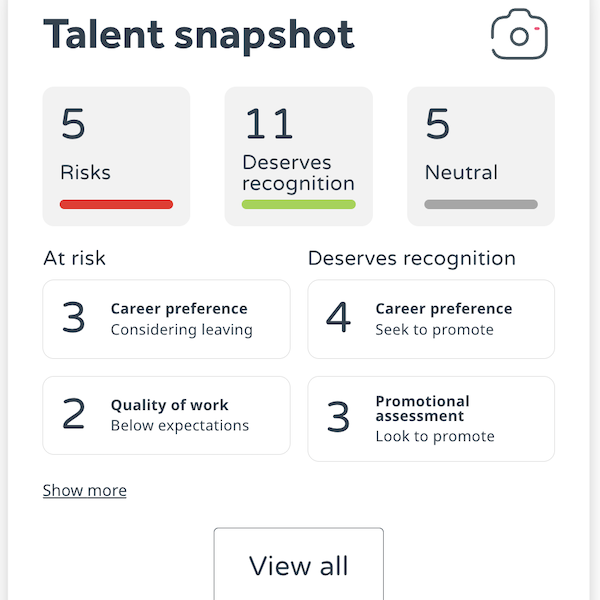How do you motivate sales people? Tradition holds that money is the way. Forget all the research showing high-value rewards make people stupid, reduce productivity and encourage dishonesty – sales people, like bankers, won’t do the business without big targets and commission.
That’s a really interesting idea, and one we’ll come back to – but could we just take a quick look at how targets work first.
Target fact 1: All targets change the work they are trying to encourage. Given a target, people immediately start to work to that target, not to the work they were trying to do before. For example:
- A telecom provider introduced a target and incentive for getting customers back on as quickly as possible when their phone line went down. So far so good… The engineers immediately realised they could meet the target by swapping the dead line for a working one – maybe the neighbour’s line – and get paid for the repair without doing any work. Then they got paid again the next day when the neighbour complained. Meanwhile no real repairs were being done so the infrastructure was decaying
- The UK National Health Service wanted to reduce waiting times in hospital and decided to fine providers for delays in getting patients into beds. At least one local hospital administration brought in a new local definition of the word ‘bed’: any structure capable of supporting a patient, including chairs, gurneys (trollies), even the floor…
- Sears auto-repair centres gave their staff targets for increasing sales, which led to unnecessary repairs, irretrievable loss of trust with the customers, and legal action against the company.
Of course you can’t just hire people and send them out without any suggestion as to what they should do, or without knowing whether they’ll bring in any money. But almost any target will have unintended consequences.
So, if you really need to give your sales staff a target – beyond doing what is in their job description – it should follow four simple rules:
- it should be framed in positive terms. This means that the staff concerned should have a target that says ‘do this’, not ‘don’t do that’. There isn’t space to go into the reasons for this here, but take my word for it, it is important. Another day I’ll flesh that out.
- it should be achievable. This means it should be within the control of the people concerned to achieve the target. If you demand people bring in increased sales of barbed wire when you are the only producer, the world economy is on its knees and a cheaper and better product is flooding the market, you’ll only be setting them up to fail. Sales are the result of doing other things well, not an end you can chase in itself.
- it should be needs-related. This means that doing the work to get the results that meet the targets should, in itself, meet the human needs of the people concerned. Again, see elsewhere in this blog for an explanation.
- and most important, the target should be derived from the desired work performance itself, not from the money staff are paid for it, or from some consequence of the work such as results, nor from some isolated element of the desired performance.
For sales people what does this mean? Nothing will happen between salesperson and customer until some relationship exists between them, so all sales are achieved via the bridge of a human relationship. Relationship is the first skill for a salesperson, as nothing can start without it.
This does not mean that you can game the system by learning rapport-building tricks and then piling in with a lot of suggestions in specialised language to make someone buy. This is exploitative, dishonest and unethical, and in any case it only works until the customer realises they have been had.
So what the is the target for the sales person? It isn’t just sales, because sales are either a) outside their control for economic reasons, or b) likely to cause negative reaction if they do not precisely meet the needs of the customer.
To create a sustainable relationship with a customer the sales person will need to:
- start, build and maintain human relationships, for their own sake
- find out what the customer actually needs
- set goals with the customer, through which their operation will run better
- establish how your service or goods will enable those goals
- then close the deal
So your task as a manager, if you want to use targets and rewards, is to create ways of tracking how well your people are doing each step in this process. One thing though – why wouldn’t you try this first to find out what is getting in their way at the moment?


